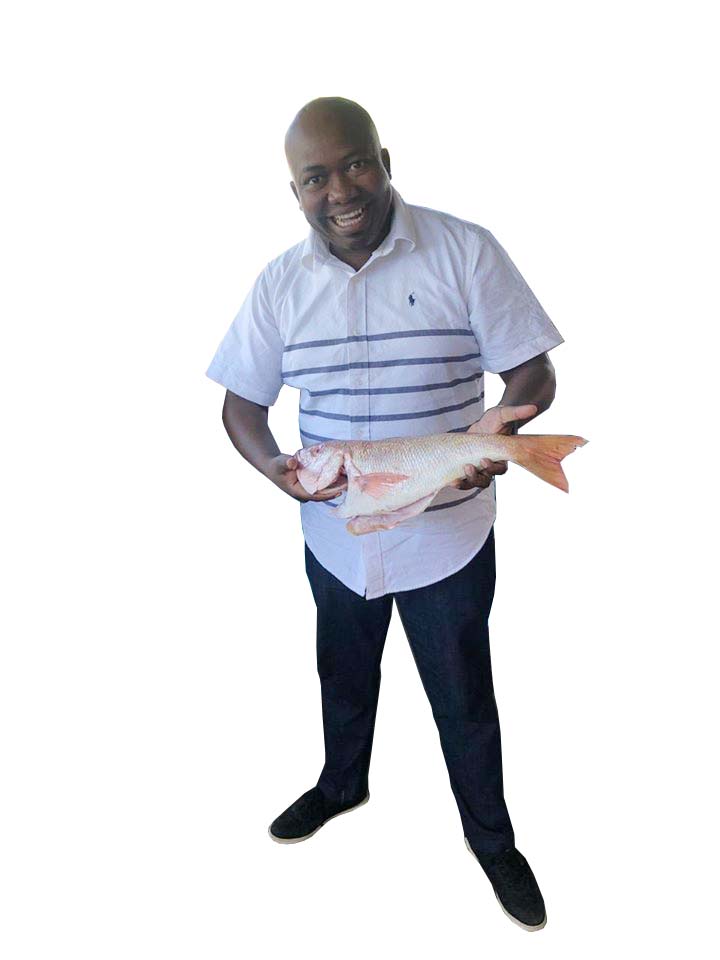Farmed fish could be the answer for South Africans looking for a cheaper source of animal protein. 
A 32-year-old entrepreneur, Morena Khashane, is determined to not only produce fish for South African communities, but to spread awareness of the industry and the nutritional benefits of this healthy, resource-efficient protein.
He owns MK Enterprise Fish Farming (Pty) Ltd, which is based in Rooigrond in the North West and specialises in tilapia fish farming.
He said his business has created one permanent employee and 10 temporary workers.
Khashane underwent training in Aquaculture at Stellenbosch University. He is a member of the African Farmers’ Association of South Africa and serves on the executive committee of Tropical Aquariums.
“More than 60 percent of our fish is sold to the informal market, with the rest sold to restaurants,” Khashane said.
His business has partnerships with other fish farms in Gauteng, Limpopo and the Eastern Cape to facilitate widespread market penetration.
Last year, Khashane was awarded the Fisheries Recognition Award: Small-Scale Category at the Youth in Agriculture, Forestry and Fisheries awards. Hosted by the Department of Agriculture, Forestry and Fisheries (DAFF), the awards recognise young people who are doing well in the agriculture sector.
After graduating from Stellenbosch University, Khashane underwent training in China, Malawi and Indonesia. These courses were sponsored by Daff, he told Vuk’uzenzele.
“In China we learnt about adding value to our product, as well as market development. The training in Malawi was on running a successful business and in Indonesia we learnt more about production systems, techniques and new technologies.”
Khashane uses sustainable, water-wise farming methods. The business re-uses most of its water and does not require new fresh water daily. This motivated Khashane’s decision to farm in the North West, which is an inland area. Tilapia is a warm-water species and the province’s weather is perfect for the fish, according to Khashane.
He advises young people who want to enter the field to first make sure they have the right permits.
“You will need water rights and a transport permit for the transportation of fish. If you farm tilapia, you will need to do an environmental risk assessment because it is an alien invasive species and you will have to prove to the Department of Environmental Affairs that you won’t negatively affect the environment.”



 Facebook
Facebook Twitter
Twitter WhatsApp
WhatsApp